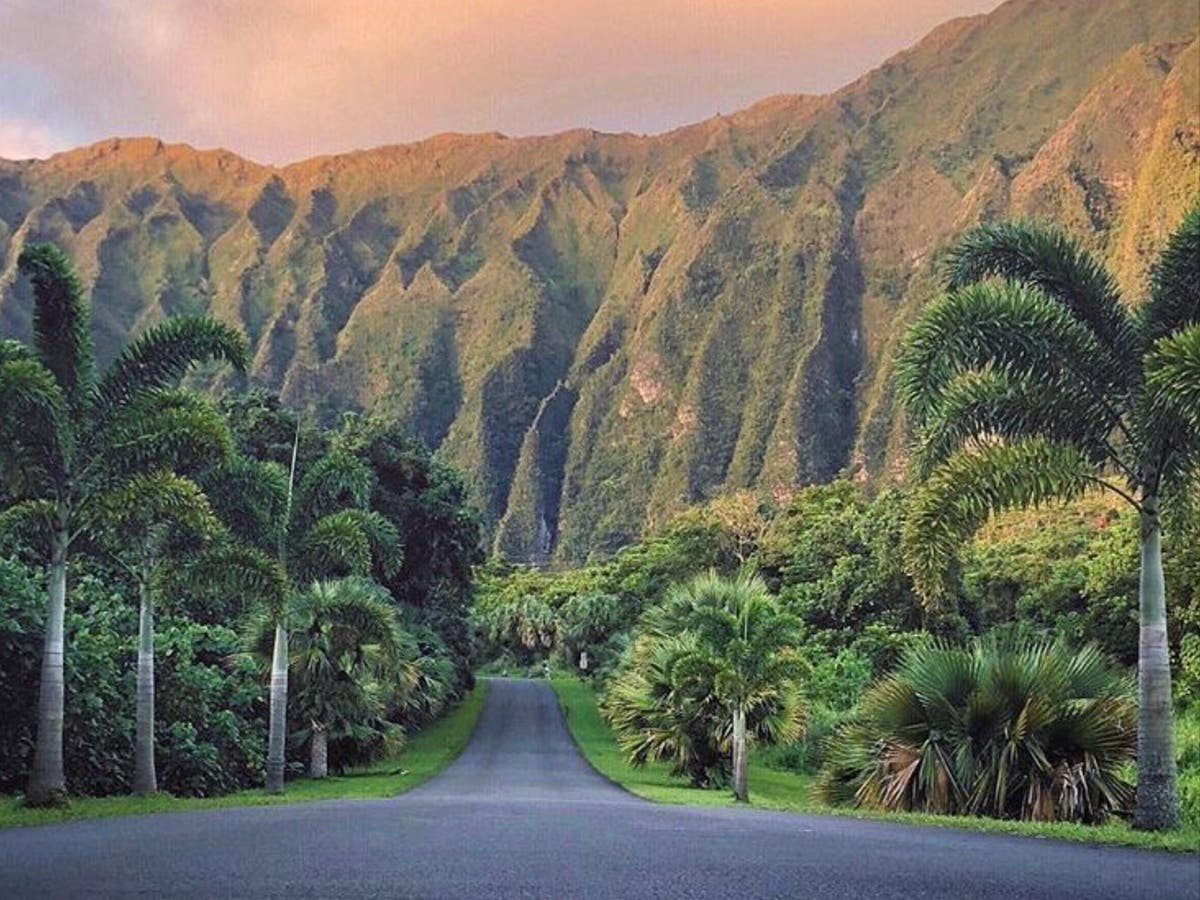This shift towards sustainability is not just a trend, but a fundamental change in the way people perceive and relate to travel, promising a more responsible and environmentally conscious future for the industry.
As ecotourism continues to gain traction, it is clear that the hospitality and tourism sectors will need to adapt to meet changing traveler expectations.
In recent years, ecotourism has emerged as a powerful force that has shaped the mindset of travelers. As awareness about environmental issues increases, more and more people are seeking travel experiences that not only rejuvenate but also contribute positively to the planet. This shift in consumer behavior is influencing the way the hospitality and tourism sectors operate, driving a movement toward sustainability and responsibility.
Pooja Nataraj, co-founder of The ImPart Collective, explains how this way of travelling is transforming consumer expectations. “Ecotourism, by its very nature, directly connects the positive impact of ecosystem services to the traveller. A nature retreat or wildlife lodge offers the rejuvenation and relaxation that city dwellers crave, allowing them to take a break from their hectic schedules,” she says.
Nataraj emphasises that ecotourism is not just a recreational activity but also an educational experience. National parks, with a focus on biodiversity conservation and regeneration, offer travellers a deeper understanding of the environment. “Ecotourism is an experience economy that is shaping consumer expectations when they travel. There will soon be a paradigm shift in the way people travel. Ecology and the environment will be the top priority when it comes to making travel decisions,” he adds.
Ram Pratap Singh, Director of Chambal Safari Lodge, echoes this sentiment and highlights the role of ecotourism in fostering responsible and sustainable travel. “The evolution of ecotourism has created opportunities for conscious travellers to travel responsibly and sustainably. They return better informed and educated about nature,” notes Singh. This growing demand for sustainable travel options is transforming the industry and pushing it towards more ethical practices.
However, the hospitality and tourism sectors are facing challenges posed by this change. Nataraj acknowledges that while some progress has been made, the industry in India is still far from ready. “The hospitality industry in general in India is far from ready for the challenge. Other destinations around the world, such as Africa and South America, have a greater affinity and potential due to this change and a greater demand for sustainable tourism,” he explains.
However, Nataraj points out that wildlife lodges and tour operators in India, focused on promoting conservation-oriented tourism, have taken the lead in positioning the country as an up-and-coming eco-tourism destination. He suggests that government mandates on mandatory reporting and disclosures will be crucial in addressing this challenge. “Currently, SEBI has mandated that only top-tier listed companies should file mandatory disclosures. India should follow the example of the EU’s CSRD and urge all companies across various sectors to start filing voluntary disclosures,” he says.
Singh delves further into the sector’s response to these challenges, noting that the transition towards sustainability and climate compatibility is being driven by two key influences. “The first is due to regulations that would come into effect in 2030 and 2035 as per COP 28, to which India is also a signatory. The industry is working towards achieving globally acceptable reporting and compliance within the given timeframe,” he explains. However, Singh argues that the most important driver of change is customer behaviour. “The demand for more sustainable and ethical travel options is leading to a faster move towards sustainability at all levels of the tourism scale,” he concludes.
As ecotourism continues to gain ground, it is clear that the hospitality and tourism sectors will need to adapt to meet the changing expectations of travellers. This shift towards sustainability is not just a trend, but a fundamental change in the way people perceive and relate to travel, promising a more responsible and environmentally friendly future for the industry.












